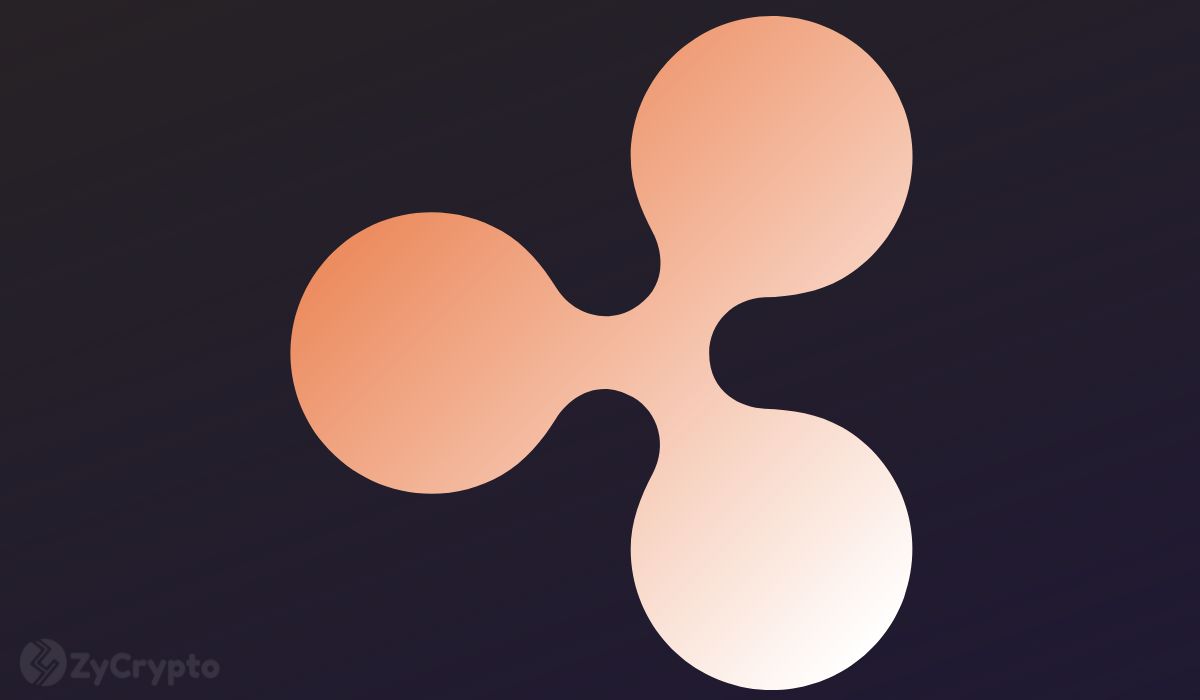2020-9-1 21:00 |
The latest episode of Block Stars is the conclusion of current Ripple CTO David Schwartz’s two-part conversation with former Ripple CTO, Stefan Thomas. Stefan is now the founder and CEO of Coil, a Web Monetization service that streams payments to publishers and creators based on the amount of time Coil members around the world spend enjoying their content.
Processing high volumes of these micropayments is not cost-effective using existing financial infrastructure, especially when it comes to cross-border transfers. During his time at Ripple, Stefan began working on Interledger Protocol (ILP) as a way to provide faster and cheaper global remittances. He wanted to create a unified payments infrastructure, much like how the internet unified communications.
“Pre-internet you had all these different communications companies that had their own cables and their own wires and their own satellites,” explains Stefan. “The internet is a generic communications infrastructure. You can use it for any kind of communication you want. I think about ILP [as a] general infrastructure for the movement of value.”
ILP allows global businesses, remittance services and payments companies to send payments across different ledgers. The open architecture enables interoperability for any value transfer system. More efficient and affordable payments also makes them more accessible, bringing financial inclusion to more people around the world.
“For the majority of people, a centralized system is great,” says Stefan. “But if you’re part of a marginalized population…that central authority is not going to care about your needs very much. A decentralized system is better at serving more obscure use cases because people can take more of a self-help approach.”
Much of Stefan’s interest in financial inclusion was inspired by his time as freelance web designer. Getting paid by global clients and, in turn, paying the subcontractors he employed was cumbersome and expensive—especially when contrasted with the hyper-efficient way everyone communicated over the internet. After a meeting with potential partners, he realized that this large-scale issue was faced by companies across all industries.
Creating greater global access with a unified payments infrastructure is the ultimate long-term benefit of ILP. Though he concedes that some form of universal approach is inevitable, Stefan’s motivation for leading the charge is to make sure the resulting system includes as many people as possible.
“It’s great if I can acquire the skills to start a business,” he concludes. “It’s great if I can communicate with my potential customers. But if I can’t get the financing for my business and I can’t get my customers to pay me, there are still pieces missing. For me, [ILP is] completing that picture…interact[ing] with people in other countries economically. I expect that to be hugely empowering for a lot of people.”
Listen to part two of David and Stefan’s conversation on episode 10 of the Block Stars for more on how and why Stefan developed ILP and to discover the critical piece of advice that Ripple’s outgoing CTO passed on to his successor.
The post Why Unifying Payments Infrastructure Will Boost Financial Inclusion appeared first on Ripple.
origin »Bitcoin price in Telegram @btc_price_every_hour
Ripple (XRP) на Currencies.ru
|
|





















